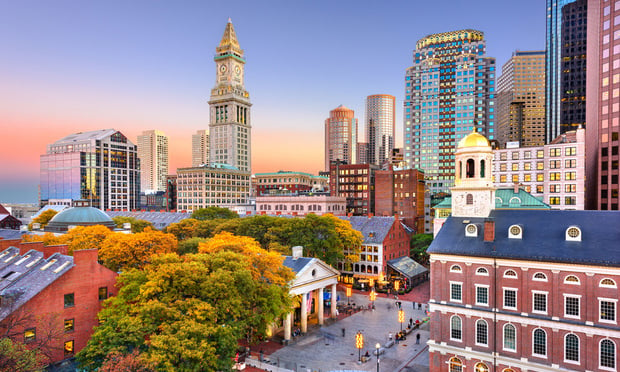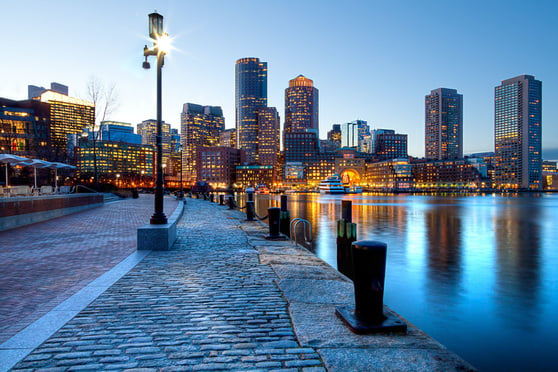The report, titled "bioSTATus Q3 2003" indicates that there is growth in private and public funding for the state's biotech companies, as well as an increase in the number of clinical trials being performed by firms in the state. According to the firm's Massachusetts Clinical Growth Index, the overall number of clinical trials being performed by biotech companies with a presence in Massachusetts has increased to 144 in the third quarter of 2003, from 120 in the first quarter of this year. In Phase II trials, there has been an increase of 35% over levels in the first quarter of the year.
The biotech market consists of 10.9 million sf in the Greater Boston area. While the city, which has the smallest market at two million sf had a vacancy rate of only 2.5% this past quarter according to the report, Cambridge's rate was up to 18% in its 5.4-million-sf market as was the suburb's in its 3.5-million-sf market. In the first quarter of 2001, Cambridge's biotech vacancy rate was at 13% while the suburb's was at 17% in the first quarter of the year.
The figures that tell the other part of the biotech story are the likely lab conversions. The report notes that Boston has no space in this category, while Cambridge has about 1.4 million sf and the suburbs have 340,000 sf. But the report notes that Cambridge's figure demonstrates a slowdown in conversion of space and will not continue to impact vacancy rates. The high cost of conversion and the increase in sublease space in Cambridge have convinced many property owners not to undergo the process.
Other trends that the report emphasizes include the fact that biotech companies are continuing to demand aggressive concessions from landlords, resulting in extensions of the deal cycle. Also, large biotech companies are struggling to dispose of sublease space, which is a major contributing factor in the reduction of rent rates in all sub-markets. Cambridge's rental rates have dropped from the high $50s per sf to the low to mid $40s per sf. The suburbs are at the low $20s per sf to the mid $30s per sf depending upon the location. The report adds that while Cambridge remains the region's biotech epicenter, Boston and suburban markets are gaining in prominence. The city has recently begun a campaign to attract biotech companies and the report notes that a number of biotech companies are looking to establish corporate campuses in the suburbs.
"The improvement in capital markets, increase in clinical trials and greater focus by government officials to attract and retain biotech companies all give reason to be optimistic as we look towards 2004," says Robert Richards, president of Richards Barry Joyce & Partners.
Want to continue reading?
Become a Free ALM Digital Reader.
Once you are an ALM Digital Member, you’ll receive:
- Breaking commercial real estate news and analysis, on-site and via our newsletters and custom alerts
- Educational webcasts, white papers, and ebooks from industry thought leaders
- Critical coverage of the property casualty insurance and financial advisory markets on our other ALM sites, PropertyCasualty360 and ThinkAdvisor
Already have an account? Sign In Now
*May exclude premium content© 2024 ALM Global, LLC, All Rights Reserved. Request academic re-use from www.copyright.com. All other uses, submit a request to [email protected]. For more information visit Asset & Logo Licensing.








